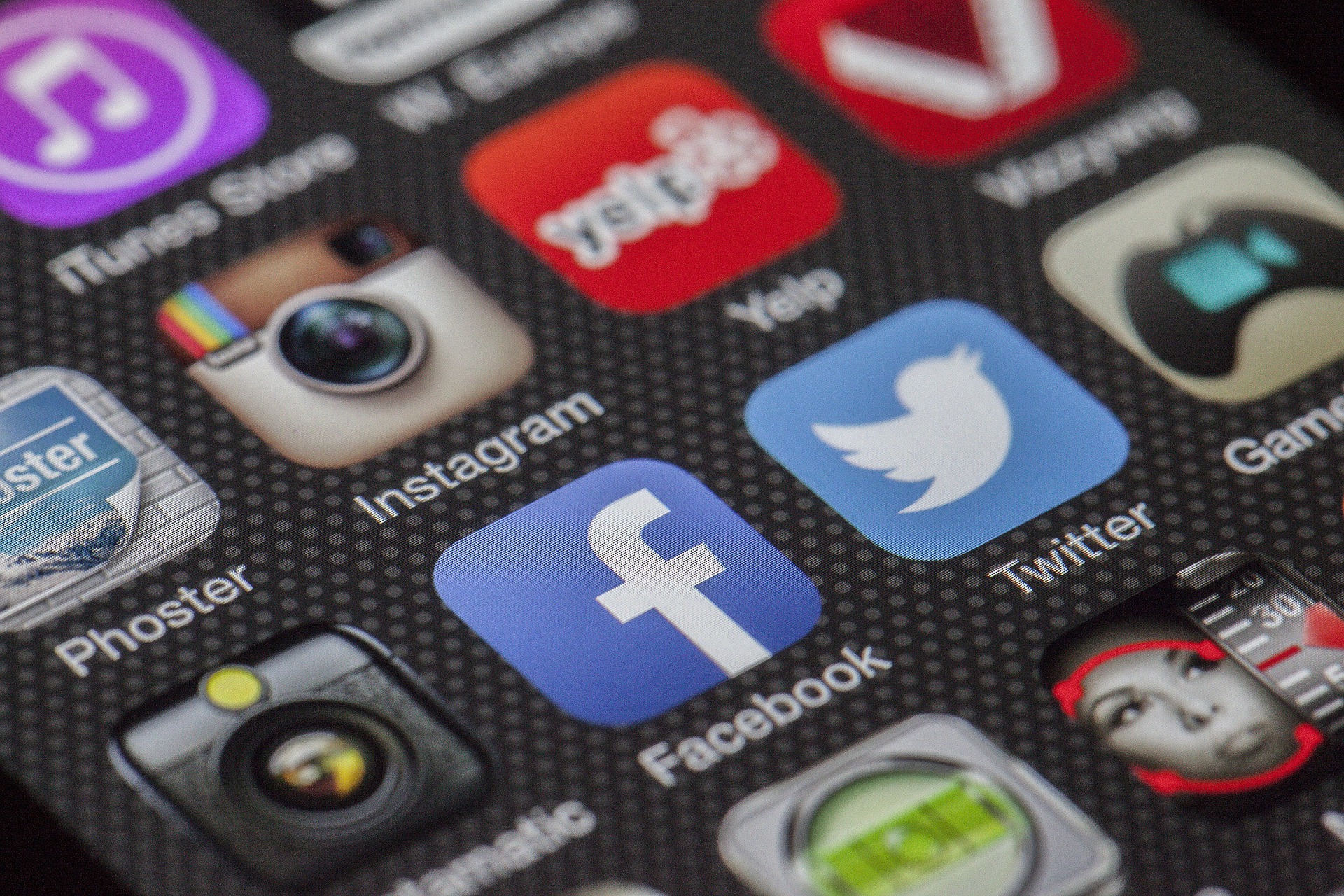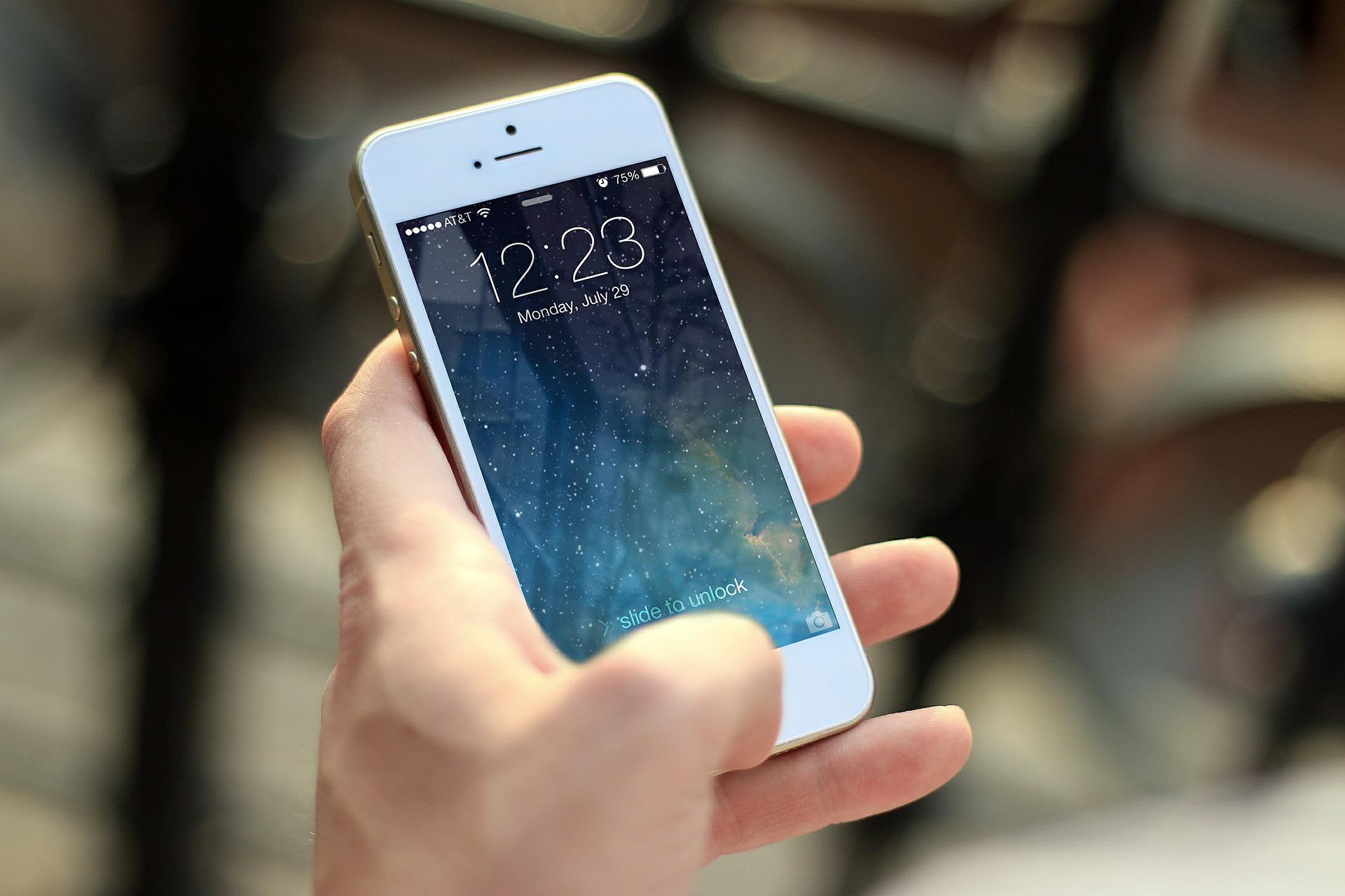Self-care is any activity that we do deliberately in order to take care of our mental, emotional, and physical health. Although it’s often talked about in the context of physical health, self-care for mental health is just as important for our wellbeing as taking care of your physical health.
How Care Self-Care Improve Mental Health?
Self-care can help to improve mental health in a number of ways. For example, self-care can:
- Help to manage stress levels
- Boost self-esteem and confidence
- Improve sleep quality
- Help to reduce anxiety
- Help to cope with difficult emotions
What Are Some Self-Care Ideas for Mental Health?
There are many different self-care ideas that can help to improve mental health. Some self-care ideas for mental health include:
Reduce Social Media
In our digital driven society, people on average spend around two hours each day on social media apps scrolling through various feeds.
Although there can be some benefits to using social media, such as staying connected with friends and family, too much time on social media can have a negative impact on mental health.
If you find that social media is causing you anxiety, try reducing the amount of time you spend on it. You could also try muting or unfollowing accounts that make you feel negative emotions.
Reducing time on social media also frees up time to do productive tasks which provide a sense of fulfillment or spend time in other self-care activities.

Increase Your Exercise
How much exercise do you get per week? Do you work at a desk all day? If you don’t move your body much during the day, then it’s important to make a conscious effort to get some exercise.
Exercise has many benefits for mental health, such as reducing stress levels, improving sleep quality, and boosting self-esteem. A moderate amount of exercise is the key to reaping these benefits.
Exercise can also lead to weight loss which can contribute to improved self-image and increase self-love if you are struggling with your body image.
Additionally, increasing flexibility and range of motion through exercise can reduce pain which is very effective at improving mental health.
Related: How to Increase the Strength of Your Immune System
Spend Some Time in Nature
Nature has a way of calming the mind and helping us to relax. Studies have shown that spending time in nature can help to reduce stress levels, improve mood, and increase self-esteem.
If you live in a city, it can be easy to feel disconnected from nature. However, there are many ways to incorporate nature into your life, even if you don’t live in a rural area. These include:
- Taking a nature walk in a park or green space
- Going for a hike in the woods
- Sitting or lying down in your backyard or on your balcony
- Putting flowers or plants in your home
- Listening to the sounds of nature on a relaxation app

Talk to Someone You Trust About Your Feelings
If you’re feeling overwhelmed by your emotions, talking to someone you trust can be very helpful to mental health. This could be a friend, family member, therapist, or anyone else who you feel comfortable talking to.
Talking about your feelings can help you to understand them better and can also make them feel more manageable. Expressing yourself can also help to reduce stress levels and can boost self-esteem.
If you don’t feel comfortable talking to someone you know, there are many helplines available that can provide support as well as online therapy apps such as Better Help.
Ask for Help When You Need It
One of the most important self-care tips for mental health is to ask for help when you need it. This could be help with your mental health, help with day-to-day tasks, or help with anything else in your life.
Asking for help can be difficult, but it’s important to remember that there’s no shame in needing assistance. You can’t do everything on your own and sometimes it’s okay to ask for help.
If you’re struggling to ask for help, remember that there are many people who care about you and want to help. Asking for help is a sign of strength, not weakness.
Reach out to a friend, family member, therapist, or any other support system you have when you need help. And if you don’t have a support system, there are many helplines and resources available to help you.
Set Boundaries With People
One self-care tip that is often overlooked is setting boundaries with people. This includes setting boundaries with yourself, as well as with others.
Setting boundaries is important in order to protect your mental and emotional wellbeing. If you don’t set boundaries, you could end up feeling overwhelmed, exhausted, and taken advantage of.
Some examples of setting boundaries include:
- Saying no to requests that you don’t want to do
- Setting limits on how much you will help others
- Telling people when they are crossing your boundaries
- Not taking on more responsibility than you can handle
- Prioritizing your own needs
Take a Break from Caffeine
Caffeine is a stimulant which can increase anxiety levels and make it hard to concentrate. If you find that you’re struggling with feeling anxious or jittery, try reducing your caffeine intake or cutting it out altogether.
You could also try swapping out caffeinated drinks for herbal tea or water which can help to keep you hydrated and calm.
Cutting out caffeine can be difficult, especially if you’re used to drinking a lot of coffee or energy drinks. However, reducing your intake can have positive effects on mental health.

Make Time for Activities You Enjoy
When was the last time you did something just because you enjoy it? If you can’t remember, then it’s important to make time for activities that bring you joy.
Doing things you enjoy can help to reduce stress levels, improve mood, and increase self-esteem. It can also be a great way to take a break from everyday life and relax.
Some ideas of activities you could do include:
- Reading
- Listening to music
- Playing an instrument
- Painting
- Drawing
- Crafting
- Cooking & baking
- Watching movies or TV shows
- Going out with friends
- Exploring new places.
Making time for activities you enjoy is an important part of self-care for mental health and can be very beneficial for our wellbeing.
Disconnect From Technology
In our digital world, it’s easy to be constantly connected to technology. However, this can be very overwhelming and can have a negative impact on mental health.
Disconnecting from technology can help to reduce stress levels, improve sleep quality, and boost self-esteem. It can also be a great way to relax and unwind.
Some ideas of how to disconnect from technology include:
- Putting your phone on silent and putting it away in another room
- Stepping away from your computer screen and taking a break
- Going for a walk or hike without your phone
- Spending time in nature without any technology
- Doing an activity that doesn’t require technology

Practice Mindfulness
Mindfulness is the practice of being present in the moment and focusing on our thoughts, feelings, and sensations. It can help to reduce stress levels, improve mood, and increase self-esteem. Mindfulness is one of the most powerful self-care ideas for mental health.
There are many ways to practice mindfulness, including:
- Meditation
- Yoga
- Tai chi
- Breath work
- Journaling
Making time for mindfulness is an important self-care activity that can have a positive impact on mental health.
Get Plenty of Sleep
Sleep is essential for our physical, mental, and emotional health. Getting enough sleep can help you feel less stressed, happier, and more confident. It can also be beneficial for our overall health.
There are many ways to get a good night’s sleep, including:
- Establishing a regular sleep schedule
- Creating a relaxing bedtime routine
- Turning off electronics at least 30 minutes before bedtime
- Keeping a cool and comfortable sleeping environment
- Avoiding caffeine before bedtime.
Getting enough sleep is an important self-care activity for mental health.
Eat a Healthy Diet
What we eat can have a big impact on our mental health. Eating a healthy diet can help to reduce stress levels, improve mood, and increase self-esteem. It can also be beneficial for our overall health.
Some tips for eating a healthy diet include:
- Eating plenty of fruits and vegetables
- Limiting processed foods and sugary drinks
- Avoiding caffeine
- Drinking plenty of water
Related: How to Start a Healthy Diet Without Feeling Deprived

Avoid Watching News or Reading the Newspaper
Keeping up with the news can be very overwhelming and can have a negative impact on mental health.
If you find yourself getting stressed out or feeling down after reading the news, it’s important to take a break.
Do Something Creative
Doing something creative might aid in the reduction of stress, improvement of mood, and elevation of self-esteem. It's a fantastic method to get away from it all and unwind.
Some ideas of creative activities you could do include:
- Painting
- Drawing
- Sculpting
- Photography
- Writing
- Music
Take Time for Yourself
It’s important to make time for yourself and do things that make you happy. This is one of the most important self-care ideas for mental health.
When we take time for ourselves, we can recharge and rejuvenate. This can help us to feel less stressed and more confident.
This can be difficult to accomplish in our busy lives especially with family and depending careers. However, even spending 30 minutes a day with just yourself can be very rewarding.

Identify Your Self-Care Triggers and Plan How to Deal With Them in Advance
Self-care triggers are anything that makes you feel stressed, anxious, or down. It’s important to identify your self-care triggers and have a plan for how to deal with them. This can help to reduce stress levels and improve mental health.
Some self-care triggers include:
- Technology
- The news
- Social media
- Work
- Family
- Finances.
It’s important to have a plan for how to deal with self-care triggers. This might include taking breaks from technology, spending time in nature, or doing an activity that makes you happy.
Practice Self-Compassion
Self-compassion is about being kind and understanding towards ourselves, even when we make mistakes. It’s an important self-care idea for mental health because it can help to reduce stress levels, improve self-esteem, and increase overall wellbeing.
Some ways to practice self-compassion include:
- Talking to yourself in a kind and understanding way
- Being mindful of your thoughts and feelings
- Forgiving yourself when you make mistakes
- Accepting yourself as you are.
Caring for oneself is crucial for maintaining mental health, and self-compassion plays a vital role in that.
These are just a few self care ideas for mental health. It’s important to find what works for you and to make self-care a priority. Taking care of your mental health is essential for overall wellbeing.



